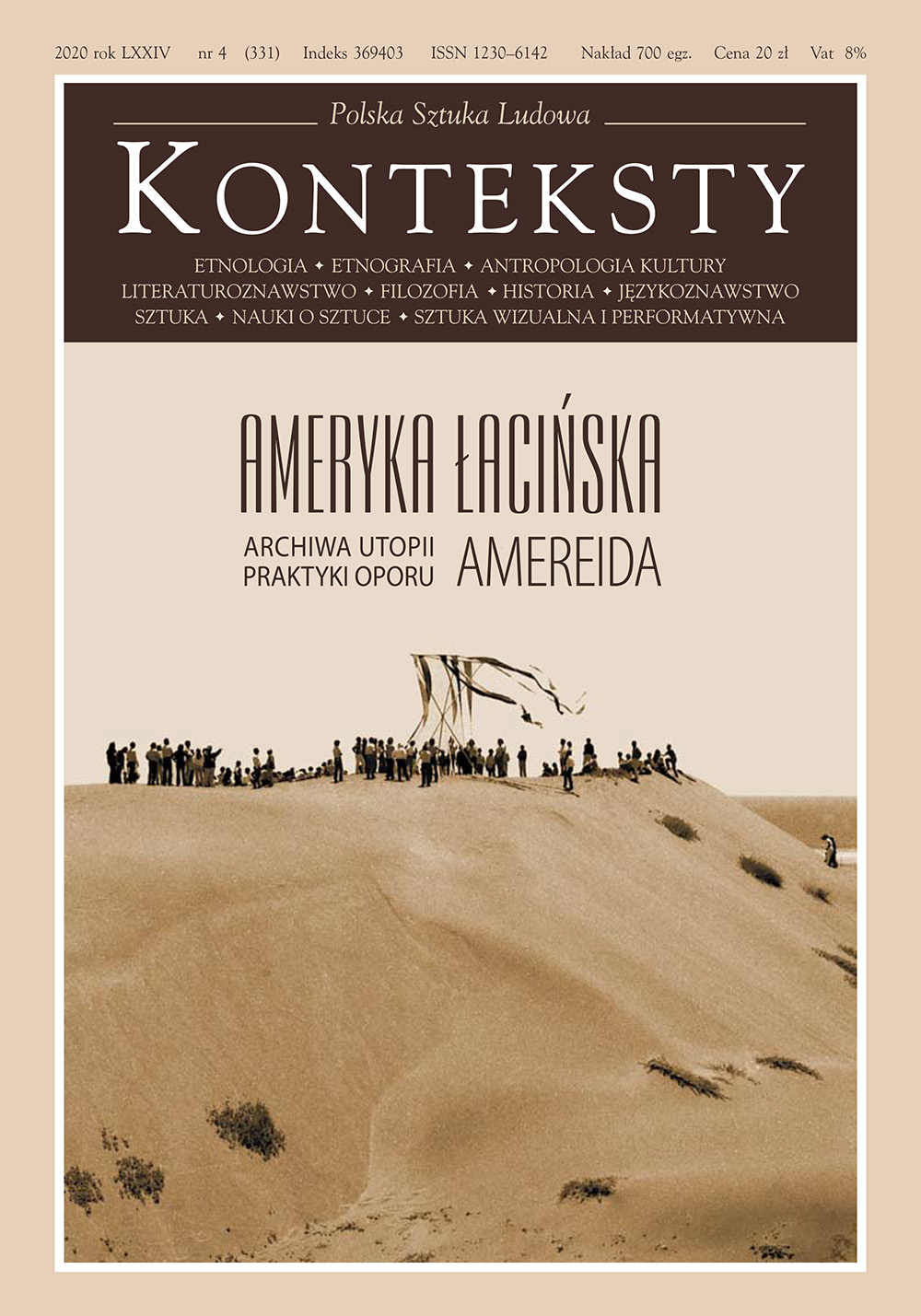Epistemiczne nieposłuszeństwo i dekolonialna opcja: Manifest
Epistemic Disobedience and the Decolonial Option: A Manifesto
Author(s): Walter MignoloContributor(s): Tomasz Szerszeń (Translator)
Subject(s): Philosophy, Social Sciences, Geography, Regional studies
Published by: Instytut Sztuki Polskiej Akademii Nauk
Keywords: Latin America;anthropology;decolonialism
Summary/Abstract: Decolonial thinking emerged at the very foundation of modernity/coloniality, as its counterpoint in the Americas: in Indigenous and Afro-Caribbean thinking. The decolonial epistemic shift is a consequence of the formation and founding of the colonial matrix of power, a point that Aníbal Quijano pioneered in an article summarizing the platform of the modernity/coloniality project. Waman Puma de Ayala is the first case of the decolonial turn in the viceroyalty of Peru (as seen in his work: New Chronicle and Good Government, sent to Phillip III in 1616); the second case being that of Otabbah Cugoano, an emancipated slave who published his Thoughts and Sentiments on the Evil of Slavery in London in 1787. Both works are decolonial political treatises that, thanks to the coloniality of knowledge, were unable to share the discussion with the likes of Machiavelli, Hobbes, and Locke. To re-inscribe them today in the genealogy of decolonial thinking is an urgent project. Waman Puma and Cugoano opened the way to border thinking by way of the experience and memory of Tawantinsuyu in the former, and the experience and memory of brutal African slavery of the Atlantic in the latter.
Journal: Konteksty
- Issue Year: 331/2020
- Issue No: 4
- Page Range: 15-30
- Page Count: 16
- Language: Polish
- Content File-PDF

